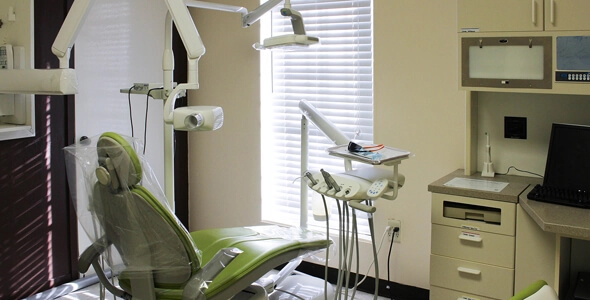Diabetes is a very common condition in which your body is unable to process food properly. The food we eat is processed to convert it into forms of energy such as sugar and glucose. In diabetes, the body runs short of insulin and is not able to convert it properly into energy. Insulin is produced by the pancreas and is the principal hormone that helps glucose to get into body cells. Diabetes is a disease that mainly occurs when your blood sugar level gets too high.
Types of Diabetes
Diabetes is a group of diseases in which either the body does not produce insulin, does not make use of the insulin correctly, or a combination of both.
Type 1 Diabetes:
This kind of diabetes is believed to be an autoimmune condition. Your immune system wrongly starts to attack and destroy the beta cells that are present in your pancreas. These beta cells produce insulin. The damage incurred to beta cells is permanent. Genetic or environmental factors might cause this attack.
Type 2 Diabetes:
This type of diabetes starts with insulin resistance. It means one’s body can’t use insulin efficiently. This condition can trick your pancreas into producing more insulin. This goes on until your pancreas can no longer manage the demand. In that case, the production of insulin dramatically decreases and leads to high blood sugar.
Gestational Diabetes:
This type of diabetes is due to insulin-blocking hormones produced during pregnancy. This type of diabetes only occurs during pregnancy.
What is Oral Health?
Oral health, in simple terms, is taking care of one’s mouth by brushing, flossing, keeping your mouth clean and free from dirt, germs, and avoiding bad breath. However, if you don’t maintain proper oral hygiene, these bacteria can accumulate to the levels where it gives rise to oral infections, like gum problems and tooth decay.
Of course, diabetes can affect oral health. The white blood cells are one of the main reasons why our body can fight against oral problems and bacteria that occur in the mouth. The link between diabetes and poor oral health is high blood sugar, and so if blood sugar is poorly controlled it will undoubtedly lead to oral health problems. When someone is diagnosed with diabetes, uncontrollable diabetes weakens the white blood cells, and thus, the body cannot fight against the bacteria in the mouth, leading to oral health problems. As with all infections, severe gum disease may cause blood sugar to rise. Due to this rise, you might find it harder to control diabetes since you are now more susceptible to infections. Your body finds it hard to fight the bacteria invading your gums.
If diabetes is left uncontrolled, it can decrease the flow of saliva. This results in a dry mouth that can lead to further infections, ulcers, soreness and oral decay. People with uncontrolled diabetes also need more time to heal after a dental procedure or an oral surgery since the blood flow to the infected site can be damaged. Due to these problems, diabetes severely affects our oral health. The only way to solve this problem is for one to control diabetes in the first place.
How can you avoid the risk of contracting diabetes and hence, oral health problems?
You can avoid diabetes of any type by exercising regularly, staying healthy, cutting down on sugar, maintaining a healthy weight, prioritizing water as the primary beverage, avoiding to smoke, following a low-carb meal, etc.
By following a healthy lifestyle, one can stay on the bright side of life and enjoy the fullest without worrying about any disease. Ensure good health by eating light, breathing deeply, living moderately, and cultivating cheerfulness, maintaining an interest in life, and making physical fitness the first requisite of happiness.













